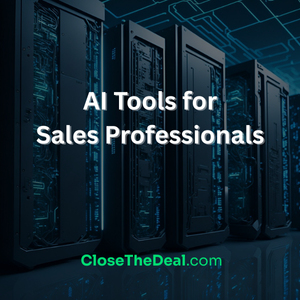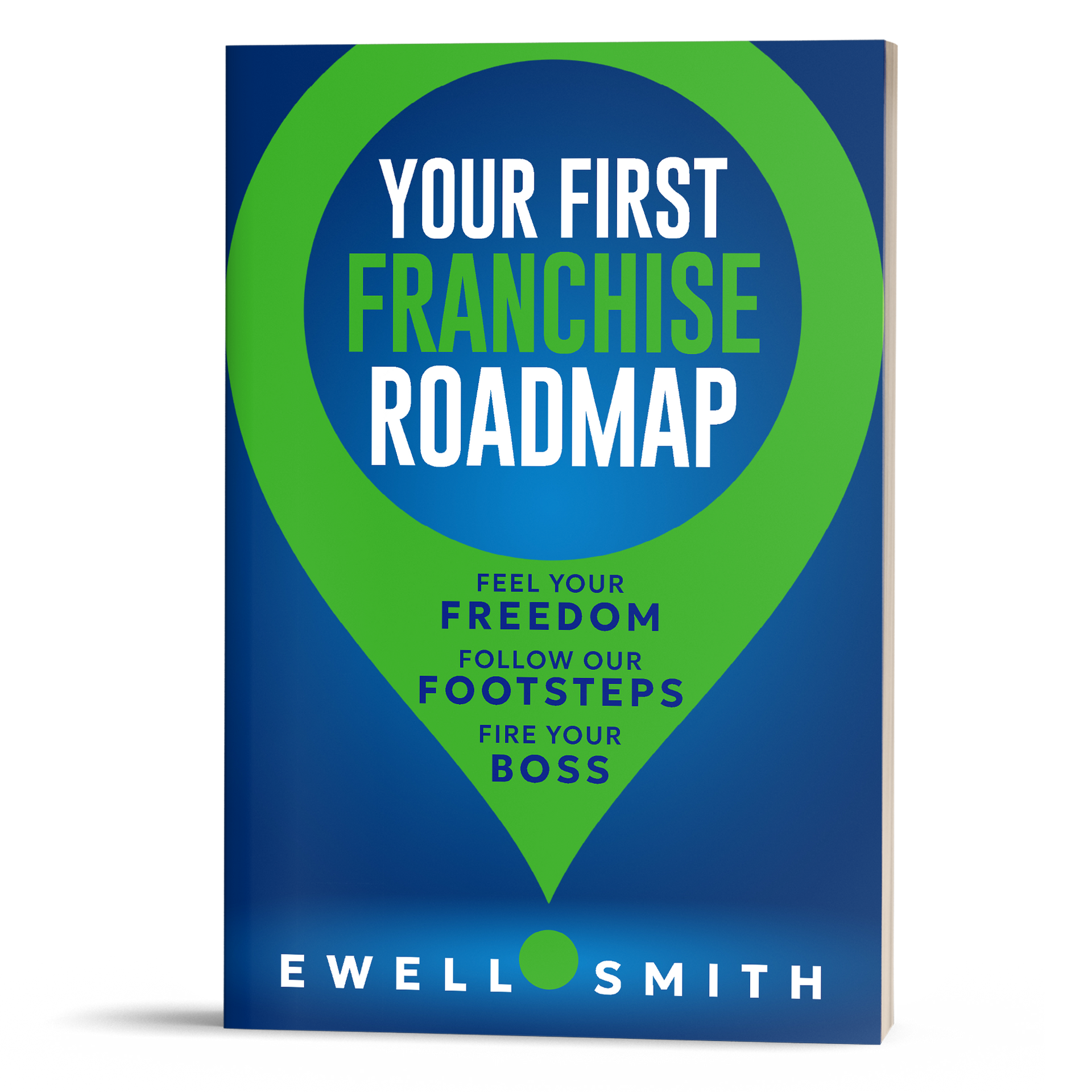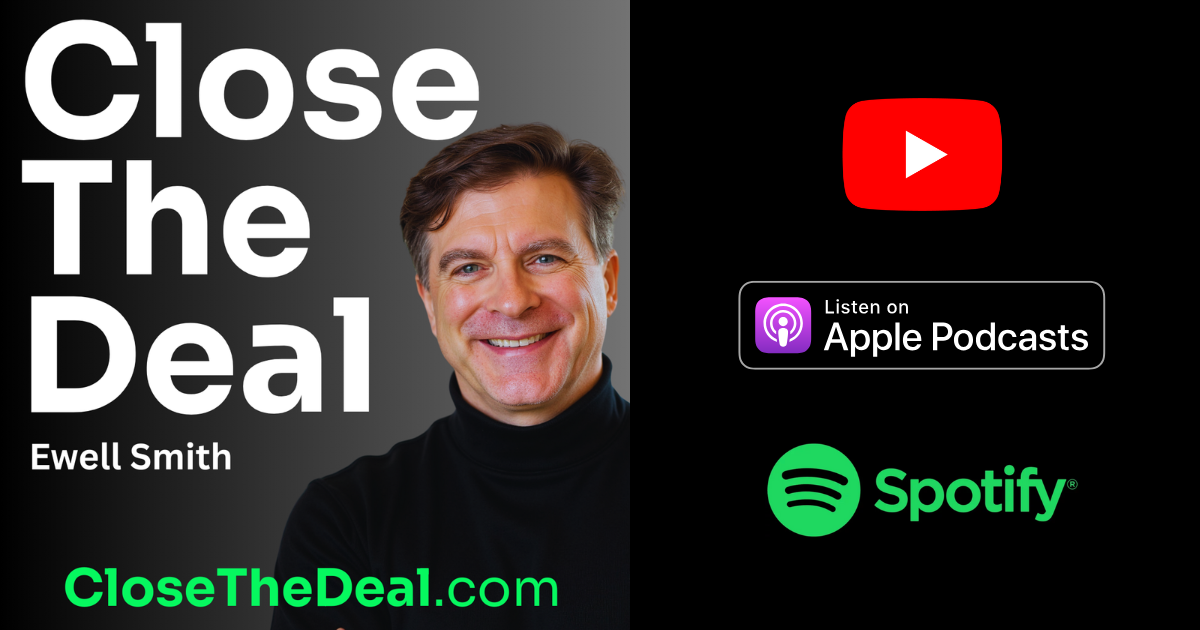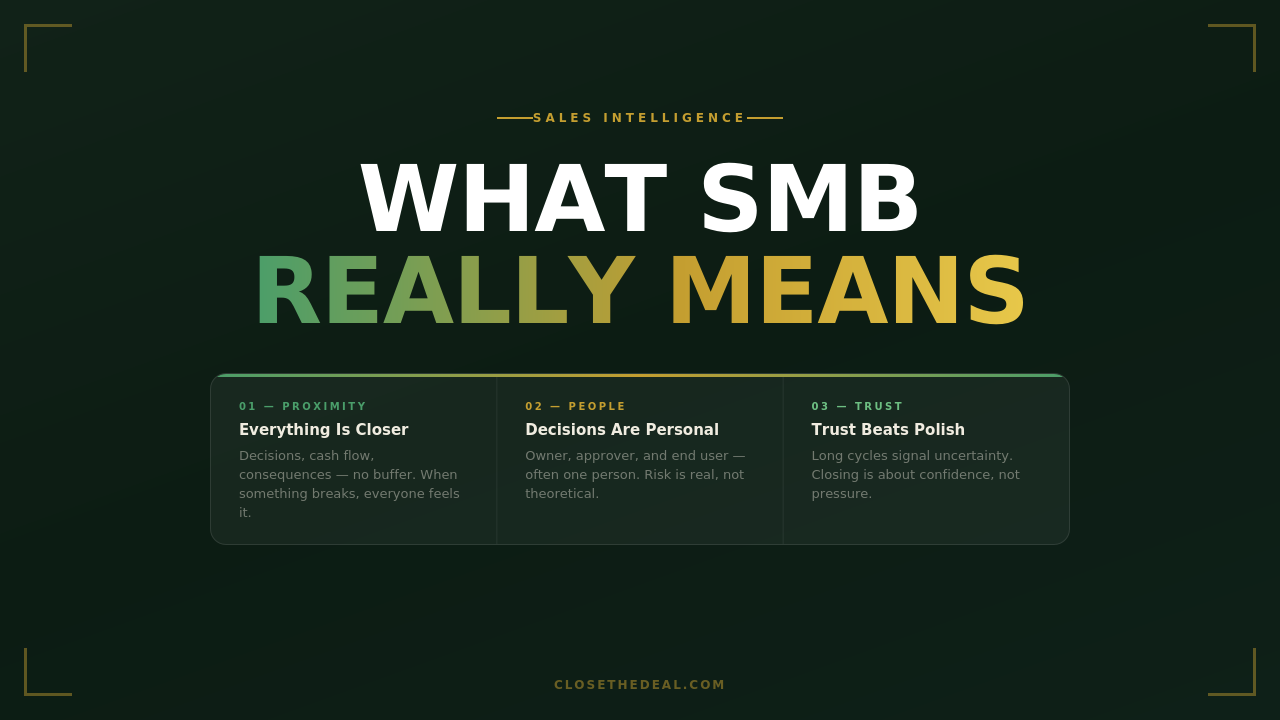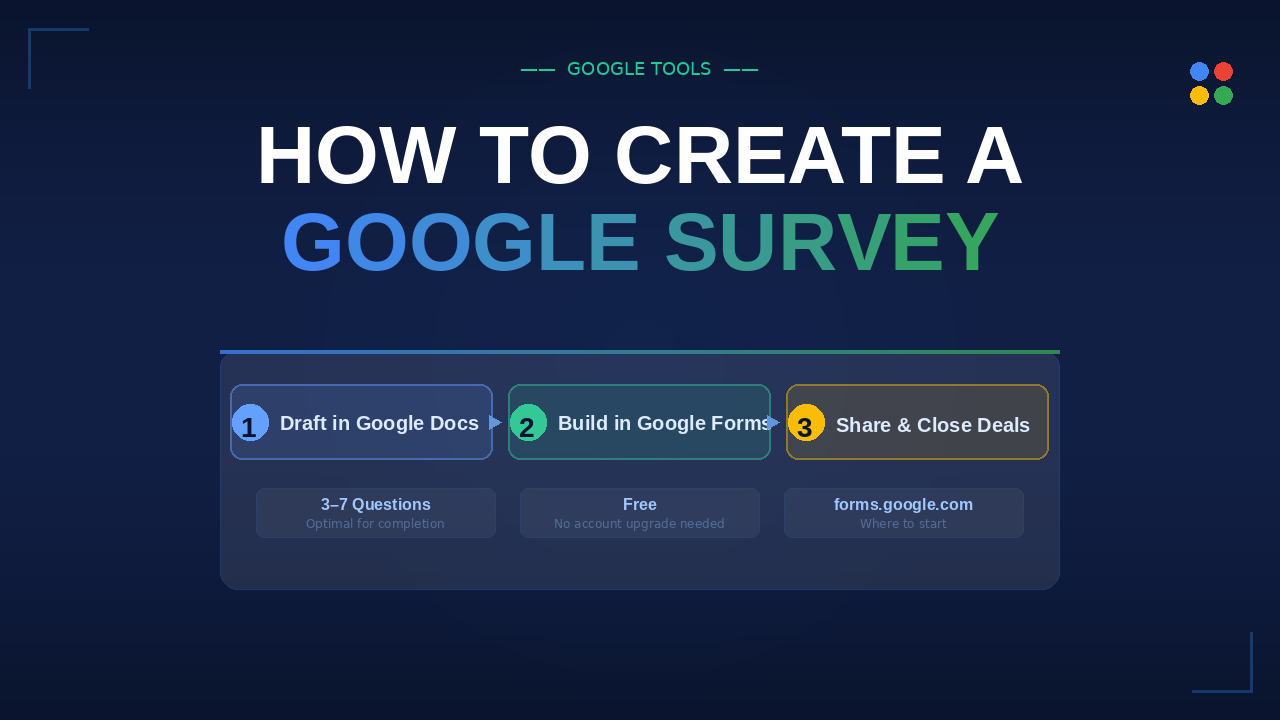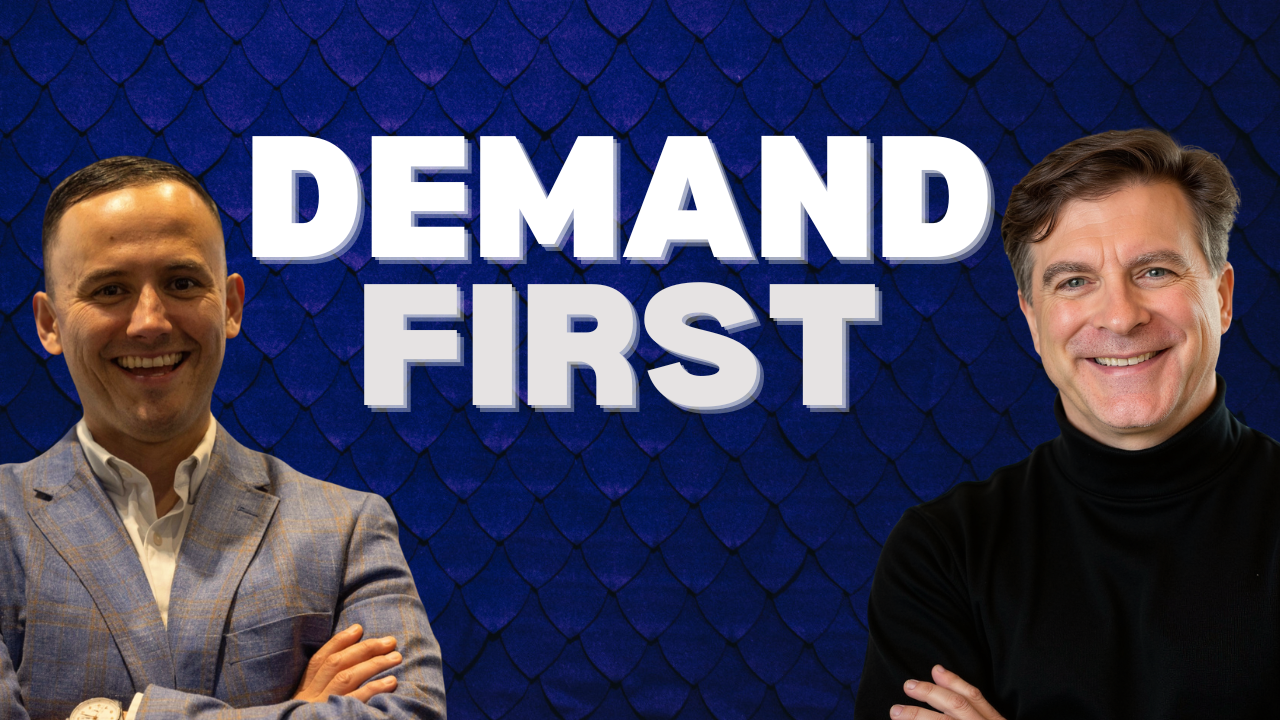October 6, 2025 by Ewell Smith
What You’ll Learn
- How Google’s new AI-driven search puts real experts, not algorithms, back in charge.
- The hidden SEO habits silently killing your rankings (and how to fix them fast).
- A smarter way to stay visible: build reviews, show your face, and let AI trust your authority.
AI is changing SEO dramatically. Here's how to stay TOP OF SEARCH with Lonnie Jones
Artificial intelligence(AI) is transforming the way search engines understand, rank, and reward content.
In this episode of the Close The Deal Podcast, host Ewell Smith sits down with Lonnie Jones, founder of Local SEO Help, to uncover how AI is reshaping visibility, why traditional SEO strategies are failing, and what it now takes to earn Google’s trust. From website redesigns that destroy rankings to the rise of “human SEO,” Lonnie explains how to stay visible, credible, and competitive in a search world that’s changing by the minute.
TOP 5 SEO Mistakes
Lonnie also addresses, through the lens of a local SEO provider expert serving franchisors, the top 5 mistakes he sees over and over that costs rankings.
Lonnie Jones Top 10 Close The Deal Mindset Success Quotes:
- “You’re the one that’s the glue - you’re the one who figures things out.”
- “Platforms love to say ‘scale,’ but too often it’s scaling at the cost of results.”
- “Giving every location its own website just dilutes your authority.”
- “If you’re not above the fold—in the top five—you’re not going to make a dollar.”
- “Until you have twenty reviews, Google doesn’t even take you seriously.”
- “It’s all about recency - consistent reviews build momentum fast.”
- “Content became a commodity—anyone can build a thousand-page site in a weekend.”
- “AI doesn’t care about brands; it cares about people.”
- “Google wants to know who’s behind the advice—it won’t trust a faceless website.”
- “Make reviews a KPI - put them in your operations manual.”
Close The Deal Podcast With Lonnie Jones
Founder: Local SEO Help
How AI Is Rewriting the Rules of SEO
Search visibility has never been more unpredictable. On this episode of the Close The Deal Podcast, Ewell Smith sits down with Lonnie, Jones founder of Local SEO Help, to talk about the collision between search engines and artificial intelligence. Lonnie has spent over fifteen years helping companies dominate Google rankings and local markets. Now, he’s helping business owners adapt to a new reality—one where AI is transforming how customers find, trust, and choose who to do business with.
“The truth,” Lonnie says, “is that search isn’t what it used to be. Google’s changing, and AI is changing faster.” From website migrations gone wrong to AI-driven search engines that reward real expertise over algorithms, this conversation breaks down what’s actually working in 2025—and what’s not.
The Next Digital Shift
For most companies, the first SEO crisis happens right after a redesign. “You spend a fortune on a shiny new site and then wake up to find all your leads are gone,” Lonnie explains. It’s not the design—it’s the structure. Redirects vanish, metadata disappears, and search engines lose track of who you are. “It’s like moving to a new house and forgetting to tell the post office,” he says.
The solution is simple but often ignored: get an independent SEO audit before launch. It’s far cheaper to fix errors before Google re-indexes your site than to spend months clawing your way back.
The Myth of Starting from Scratch
One of Lonnie’s biggest frustrations is watching businesses sabotage their own authority. “Every time someone launches a new site or separates locations under different domains, they throw away the equity they’ve already earned,” he says. Google rewards consolidation and consistency. The more you divide your web presence, the weaker your online footprint becomes. His rule of thumb: build under one strong domain, not a dozen weak ones.
Content Chaos vs. Content Strategy
Most brands produce content without a plan—blogs that jump from random topics to half-finished ideas. “That’s not SEO,” Lonnie says. “That’s noise.” Google now prioritizes topic depth and expert cohesion. To rank, you need interconnected posts that explore subjects in full. Think chapters, not tweets. A site that publishes ten well-structured pieces around one core theme will outperform a hundred scattered blogs every time.
“Google doesn’t want you to talk about everything,” Lonnie explains. “It wants you to be the best at something.”
The Rise of Human SEO
For years, brands tried to automate personality out of their content. Now, AI is forcing them to put it back in. “Google doesn’t trust faceless websites,” Lonnie says. “It wants to know who is behind the information.” Search algorithms increasingly favor people with verifiable expertise—real names, credentials, and public profiles. “If you hide the expert, you hide your authority.”
He points to Google’s E-E-A-T framework—Experience, Expertise, Authoritativeness, and Trust—as the new measuring stick for visibility. The more human your content feels, the more AI believes it.
Why Most SEO Fails at the Finish Line
Many agencies do half the job. “They’ll get you from page five to page two,” Lonnie says, “but you’ll never reach number one.” He measures SEO quality with scoring tools—most client pages rank 50 to 60 out of 100. That’s functional, not competitive. The last 20 percent—the technical polish, the schema, the on-page optimization—is what separates the winners from the rest. “If you’re not in the top five, you’re invisible,” he says. “That’s just math.”
Reviews Are the New SEO Fuel
Ask Lonnie what matters most right now, and he won’t hesitate: reviews. “Until you have twenty reviews, Google doesn’t even take you seriously.” But it’s not just about quantity—it’s about consistency. Steady new reviews tell search engines that your business is alive and trustworthy. The smartest teams make review requests part of their daily operations. “If I ran a company,” Lonnie says, “review volume would be in my scorecard. It’s the oxygen of visibility.”
When AI Took Over the Search Game
Then came the disruption no one saw coming. “For years I jogged to stay in front of Google,” Lonnie says. “Now I have to sprint to stay ahead of AI.” The explosion of generative content has flooded the internet with thousands of pages of mediocre text. Search engines can’t rely on keywords anymore—they need authenticity signals.
“AI doesn’t care about brands,” he explains. “It cares about people. It wants to know who’s trustworthy, not who spent the most on ads.” That means personal authority, media mentions, and credible backlinks are replacing old-school SEO hacks. The machines are learning to read your reputation.
Visibility Through Proof, Not Volume
AI-driven platforms evaluate credibility like a résumé. They cross-check podcasts, articles, transcripts, and profiles to verify that an expert is real. Lonnie calls this “proof-of-presence SEO.” If you’re quoted in media, interviewed on podcasts, and active on LinkedIn, AI connects those dots. “The future belongs to the humans behind the logos,” he says. “If AI can’t find your voice, it can’t find your business.”
How Search Behavior Is Changing
People no longer search the way they type—they search the way they talk. “Instead of ‘roofing company,’ users now say, ‘Who’s the best-reviewed roofer near me that installs metal roofs?’” Lonnie explains. That means SEO must adapt to intent-based and contextual search. Voice search and conversational prompts reward long-form, natural explanations over robotic keyword strings. “The sites that sound human will win the AI war,” he says.
Staying Human in an Automated World
Lonnie sees opportunity in the chaos. “You can’t fake trust,” he says. “SEO used to be about tricks. Now it’s about truth.” Businesses that build credibility through real voices, consistent reviews, and quality content will thrive even as algorithms evolve. The takeaway: authenticity scales better than automation.
“You’re either sprinting ahead of the algorithm or chasing it,” Lonnie says. “And if you’re chasing, you’re already behind.” His advice to every business owner is simple: be visible, be human, and stay real.
Subscribe
Top Sales Training Categories
Sales training programs organized by industry, so you can compare providers that understand your market, sales cycle, and buyers.
Top SaaS Sales Training Programs
Top FinTech Sales Training Programs
Top HealthTech and Medical Sales Training Programs
Top Manufacturing and Industrial Sales Training Programs
Top Real Estate and Mortgage Sales Training Programs
Top AI Tools For Sales - 2026
No fluff. No sponsored rankings. Just tools mapped to how sales actually works today.
Top AI Sales Prospecting Tools
Top AI Email and Outreach Tools
Top AI Conversation Intelligence Tools
Top AI Sales Coaching Platforms
Top AI CRM and Sales AnalyticsTools
Top AI CRM and Sales Analytics Tools
Laid off?
Not valued?
Ready to exit?
Discovered ageism
is real?
Be The Boss.
About the Author
Ewell Smith is the publisher of CloseTheDeal.com and host of the Close The Deal Podcast, where he speaks with founders, sales leaders, and operators about building effective sales systems and scaling revenue. His work focuses on practical sales strategy, marketing execution, and the mindset behind consistent growth.



